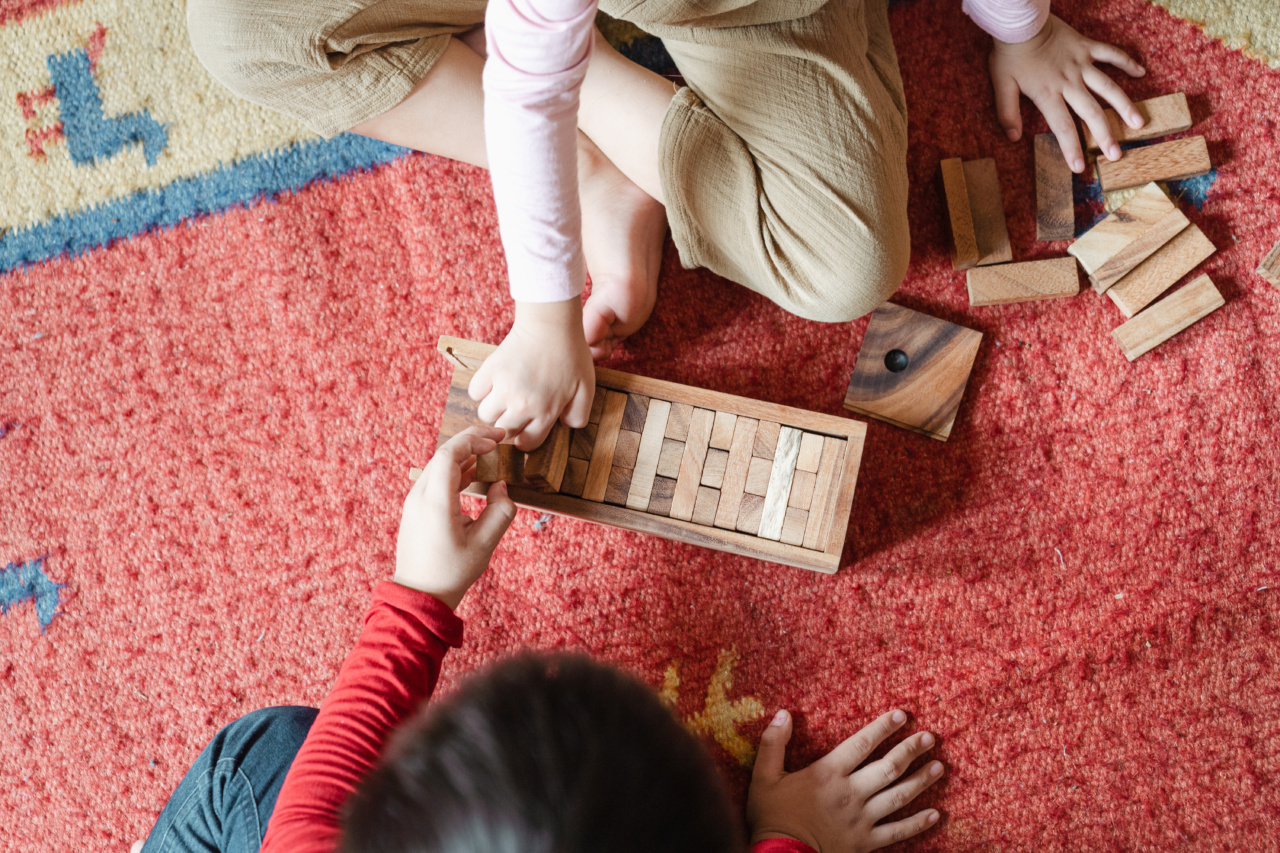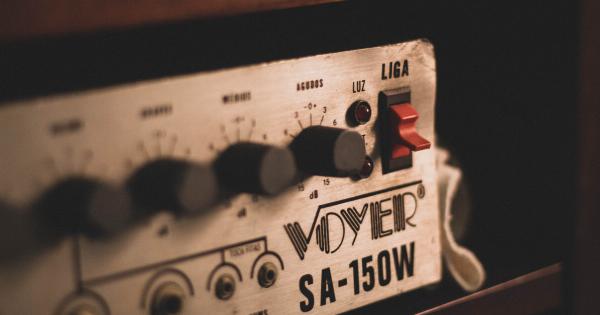Dementia is a condition that affects millions of seniors worldwide, causing a decline in cognitive abilities, including attention, memory, and problem-solving skills.
As the disease progresses, individuals with dementia struggle to focus and maintain mental agility, which can significantly impact their quality of life. While there is no cure for dementia, there are alternative options that can help improve attention and mental agility in seniors with this condition.
Understanding dementia and its impact on attention and mental agility
To explore alternative options to improve attention and mental agility in seniors with dementia, it is crucial to first understand the condition and its effects. Dementia is a progressive neurological disorder that primarily affects older adults.
It is characterized by a decline in cognitive functions due to brain damage or impairment.
One of the primary cognitive functions affected by dementia is attention. Seniors with dementia often struggle to concentrate and sustain their focus on tasks or conversations.
Their attention span may become shorter, making it more challenging to complete everyday activities.
In addition to attention deficits, dementia can also significantly impair mental agility. Mental agility refers to the ability to think quickly, adapt to new situations, and solve problems efficiently.
It enables individuals to process information, make decisions, and engage in logical reasoning. Unfortunately, dementia can impede these cognitive processes, leading to difficulties in everyday problem-solving and decision-making.
Alternative options to improve attention and mental agility
While there is no known cure for dementia, there are several alternative options that can help improve attention and mental agility in seniors with this condition.
These options focus on cognitive stimulation, sensory stimulation, physical exercise, and various forms of therapy.
1. Cognitive stimulation exercises
Cognitive stimulation exercises involve activities specifically designed to challenge and engage the brain. These exercises aim to enhance attention, memory, and overall cognitive functioning.
Examples of cognitive stimulation exercises include puzzles, memory games, word games, and brain training apps. These activities stimulate different areas of the brain, promoting mental agility and attention skills.
2. Music therapy
Music therapy has shown promising results in improving attention and mental agility in seniors with dementia. Music has a unique effect on the brain, stimulating various regions associated with memory and emotions.
Engaging in music therapy sessions or listening to familiar songs can help activate attention and memory networks, improving cognitive functions.
3. Art therapy
Art therapy involves engaging in creative and artistic activities, such as painting, drawing, or sculpting. These activities can provide a sense of accomplishment and increase attention span.
Additionally, art therapy encourages self-expression and promotes emotional well-being, which can positively impact mental agility in individuals with dementia.
4. Sensory stimulation
Sensory stimulation involves engaging the senses through various stimuli, such as touch, smell, sight, and sound. This form of stimulation can help individuals with dementia stay engaged and focused.
Activities like aromatherapy, tactile stimulation objects, or listening to soothing sounds can enhance attention and promote mental agility in seniors with dementia.
5. Physical exercise
Physical exercise is not only beneficial for maintaining physical health but also has positive effects on cognition. Regular physical activity can improve attention and mental agility in seniors with dementia.
Exercise increases blood flow to the brain, supporting the growth and connectivity of brain cells. Activities like walking, swimming, or tai chi can enhance attention and overall cognitive functioning.
6. Memory aids and reminders
Memory aids and reminders can help individuals with dementia stay organized and focused. Simple tools like calendars, to-do lists, and reminder apps on smartphones can assist seniors in maintaining their attention and mental agility.
These aids serve as external cues, compensating for any memory difficulties caused by dementia.
7. Mindfulness and meditation
Mindfulness and meditation practices have shown positive effects on attention and mental agility. These practices involve focusing on the present moment and training the mind to maintain attention without judgment.
Mindfulness exercises and meditation can promote mental clarity, reduce stress, and improve overall cognitive functioning in seniors with dementia.
8. Social engagement
Social interaction is essential for individuals with dementia, as it helps maintain cognitive functions and overall well-being.
Engaging in social activities with family, friends, or participating in support groups allows seniors to stay connected and mentally stimulated. Social engagement provides opportunities for conversation, problem-solving, and attention maintenance.
9. Dietary modifications
Although not directly targeting attention and mental agility, dietary modifications can support overall brain health, potentially benefiting individuals with dementia.
A balanced diet rich in fruits, vegetables, whole grains, and healthy fats can provide essential nutrients for optimal brain functioning. Omega-3 fatty acids found in fatty fish, nuts, and seeds have shown potential cognitive benefits as well.
10. Regular cognitive assessments and adjustments
Finally, regular cognitive assessments can help track any changes in attention and mental agility in seniors with dementia. These assessments can identify specific areas of decline and inform adjustments to the alternative options mentioned above.
A personalized approach that adapts to individual needs and preferences is crucial in maintaining and improving attention and mental agility.
Conclusion
While dementia poses significant challenges for seniors, exploring alternative options can help improve attention and mental agility.
Cognitive stimulation exercises, music therapy, art therapy, sensory stimulation, physical exercise, memory aids, mindfulness, social engagement, dietary modifications, regular cognitive assessments, and adjustments are all valuable strategies and activities that can benefit individuals with dementia. It is essential to individualize the approach, considering the specific needs and preferences of each senior with dementia to optimize the outcomes and enhance their overall quality of life.






























